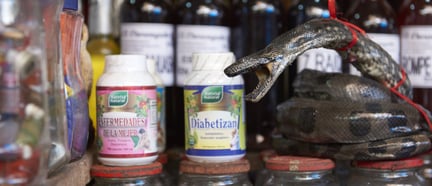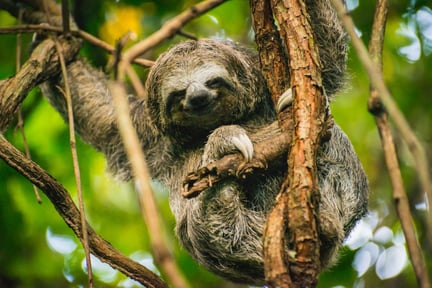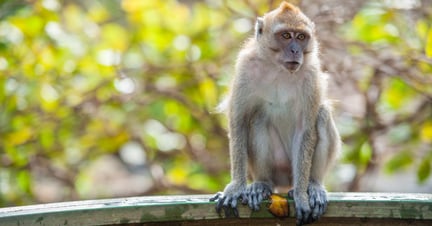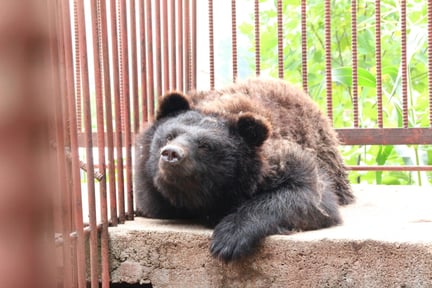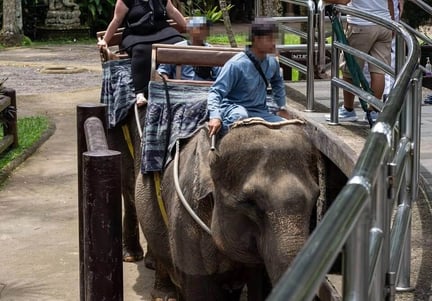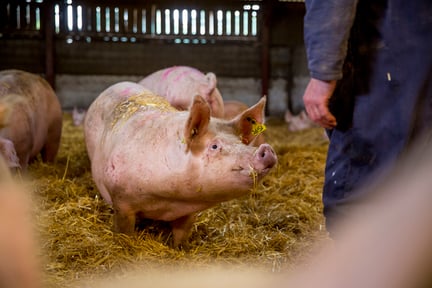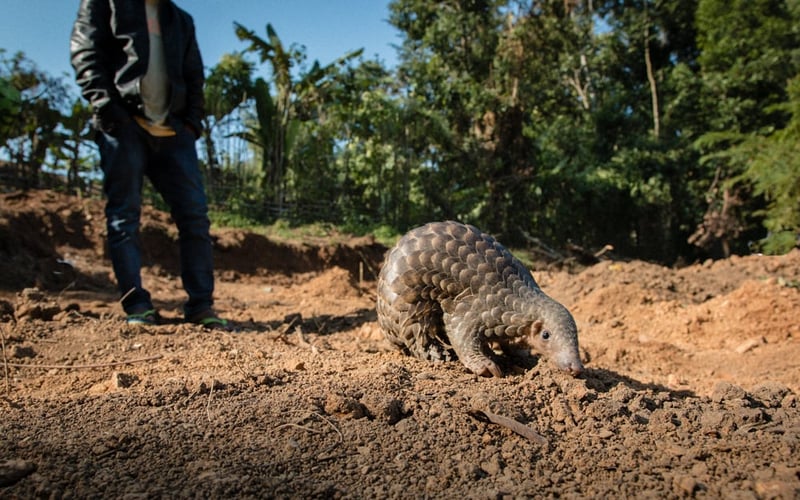
Pangolin documentary highlights the threats they face
News
The new Netflix documentary, Pangolin: Kulu's Journey, shines a light on the most trafficked animal in the world.
In a beautifully filmed and emotionally resonant documentary, wildlife rescuer Gareth Thomas is followed as he cares for Kulu, a baby ground pangolin rescued from the illegal wildlife trade in South Africa.
Directed by Pippa Ehrlich, the filmmaker of My Octopus Teacher, the story is not just about survival. It's about the quiet resilience of one of the world's most extraordinary animals.
Falling in love with an unfamiliar face
Pangolins, covered in overlapping protective scales and known for their gentle, solitary nature, are the only mammals wholly clad in keratin armour. They are ancient, elusive, and fascinating. Yet despite their uniqueness, all eight pangolin species are threatened with extinction.
They are hunted and trafficked in staggering numbers for their scales, which are used in traditional medicine, and for their meat, which is considered a delicacy in some cultures.
This makes them the most trafficked mammal on the planet.
The documentary's strength lies in connection, not confrontation. It offers a rare, intimate look at an animal most people have never encountered. Through Kulu’s story, audiences experience what it’s like to look into the eyes of a creature shaped by millions of years of evolution, now caught in the crosshairs of human exploitation.
A gentle introduction, with more to say
While the film masterfully encourages empathy, it intentionally avoids the broader context behind the crisis: the international wildlife trade, the demand for pangolin scales in traditional medicine, and the systemic failures that allow this cruelty to persist.
These are not easy conversations, but they are necessary ones.
World Animal Protection works to end the global wildlife trade and protect animals like pangolins from suffering and extinction. From policy change to education to on-the-ground partnerships, our mission is to ensure that wild animals remain wild and are not sold, exploited, or consumed.
Now you’ve fallen for pangolins...
We appreciate the power of bringing pangolins to a global stage like Netflix. This kind of visibility is a rare gift for a species often hidden from sight and concern.
When the world sees, it begins to care. And when people care, they’re more likely to act.
Here’s how you can help protect pangolins and other wild animals:
- Donate to help end the global wildlife trade, so animals like Kulu can live free from exploitation.
- Speak up by urging governments to ban the commercial trade in wild animals, once and for all.
- If you see a pangolin used in wildlife tourism do not touch them and raise awareness against their exploitation.
Pangolins don’t belong in cages, markets, or medicine cabinets. They belong in the wild, where they can roam, forage, and be.
Related Content
Traditional medicine
Ending commercial exploitation
Ending the exploitation of wild animals used in Traditional Medicine
Animal Sentience
At World Animal Protection sentience is at the heart of everything we do, click to find out more.
World Pangolin Day
Animal Awareness Days
World Pangolin Day is observed on the third Saturday of February every year to celebrate pangolins and their contribution to the planet's ecosystem.
